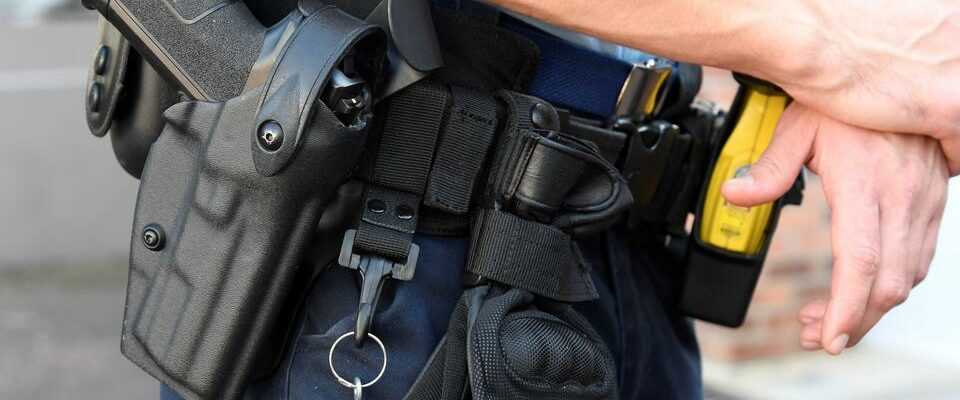Several shootings and stabbing attacks have disturbed Iceland, a small Nordic nation of 375,000 inhabitants, reputed to be the “most peaceful country in the world” for several months. According to the police, the facts are linked to criminal gangs.
At the top of the Global Peace Index since its inclusion in the ranking in 2008, Iceland is more accustomed to crime stories in its famous thrillers than to the headlines.
“A firearm for Icelanders symbolizes sport or hunting,” sociologist Helgi Gunnlaugsson told AFP.
“But in the collective mind, it’s very foreign to use a weapon to protect yourself or to target someone.”
Organized crime
Only four gun homicides have taken place in Iceland since 2000… But in just over a year, the country has been the scene of four shootings, including one fatal.
The assassination of a man, coldly shot with nine bullets outside his home in a residential area of Reykjavík in February 2021, shocked Icelanders. A murder linked to “organized crime”, according to the police.
Iceland has ranked as the most peaceful country every year of the Global Peace Index. With the 2021 report we are pleased to hold a webinar discussing the findings, but with a perspective from Iceland. @katrinjak @SergeStroobants @siljabara https://t.co/PuZzTdU9t5 pic.twitter.com/OADYaPf88P
— IEP Global Peace Index (@GlobPeaceIndex) June 21, 2021
“Criminal groups in Iceland are increasingly organized,” said criminologist Margrét Valdimarsdóttir. “They have more ties to international groups than we’ve seen before, which can be a challenge for our police force.”
In February, two disputes between individuals already convicted, on the background of drug trafficking, ended in shootings in the city center of the capital. “Of course we are concerned about that,” admits Runólfur Thórhallsson, commissioner of the Icelandic police’s elite unit.
Rearm the police?
Iceland is one of the few countries in the world where the police do not carry arms while performing their official duties. If the arming of all the forces of order in the country is not yet seriously considered, the Ministry of the Interior plans to equip the police with tasers.
Only a limited number of police officers from the elite unit, the Viking squad, are permanently heavily equipped: bulletproof vests, semi-automatic weapons or even ballistic shields. Introduced in 1982, it assists the national police when the presence of weapons is reported. The number of its interventions has multiplied by almost six since 2014.
FIRE AND ICE: ICELAND’S ELITE, “VIKING SQUAD” SWAT TEAM https://t.co/o5QbAXyozV pic.twitter.com/xEADLEmp5F
—Special Ops (@officialspecops) February 12, 2019
Since the end of 2015, service cars have also been equipped with handguns in special safes, a measure taken after the attacks in Oslo and Utøya in 2011. “We are seeing a trend where individuals in our criminal world are less hesitant to use weapons, more with knives in fact than firearms,” notes Mr Thórhallsson.
With 682 police officers in 2021, Iceland has the proportionally lowest numbers in Europe behind Finland, according to Eurostat, with a level almost twice as low as the European average.
Temper the worry
Studlar, a government institution located on the outskirts of Reykjavík, takes care of children and adolescents aged 12 to 18 in difficulty – drug problems, criminality, serious behavioral problems…
Its director, Funi Sigurdsson, says he has also observed a slight upsurge in violent incidents. For this 43-year-old father, with “some of the children who come to this institution, you could see from the age of 6 that they would end up here”.
Several of the individuals recently implicated in settling scores have also passed through his establishment. But if the situation is worrying in a country not used to violence, it is not alarming, underline the experts.
“It is important to note that Iceland is still a country with an extremely low crime rate,” tempers Ms. Valdimarsdóttir. “But, at least according to the police, we are seeing more violent assaults in Iceland.”
